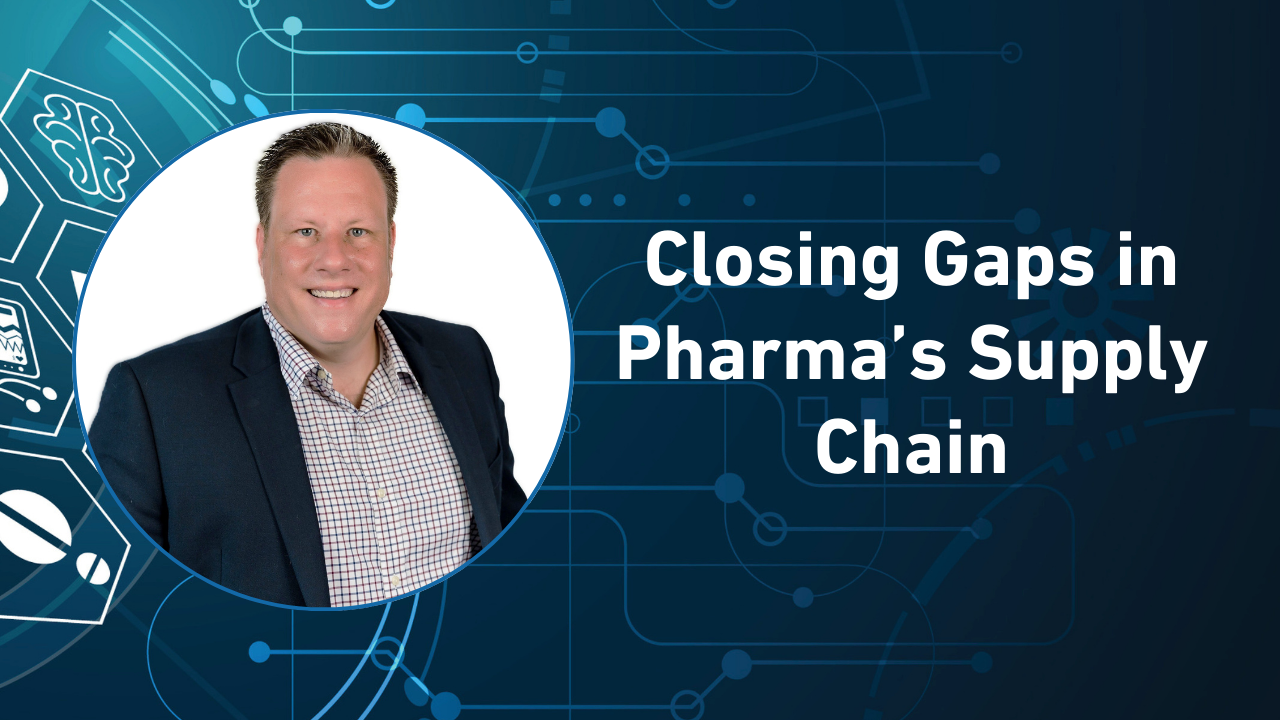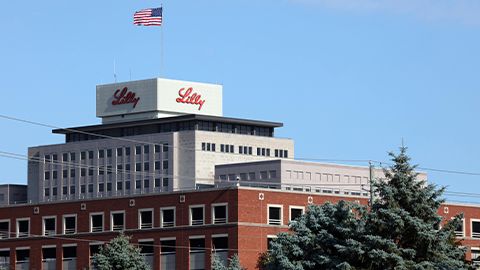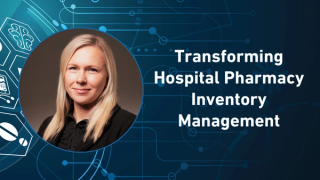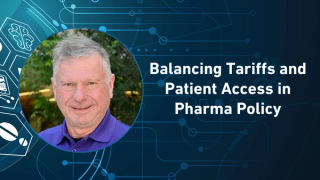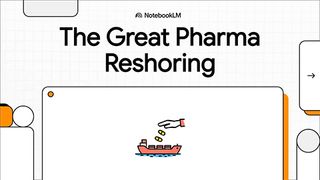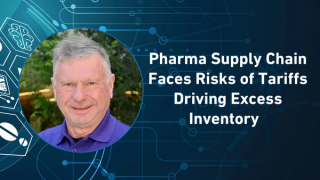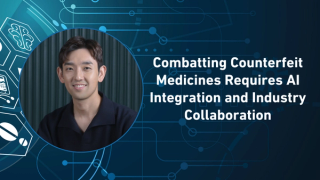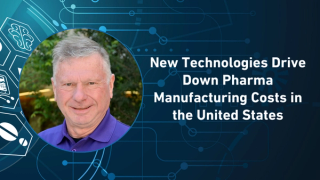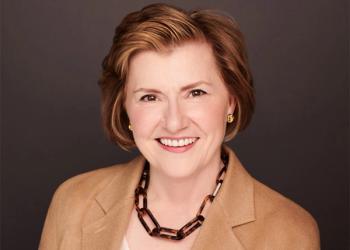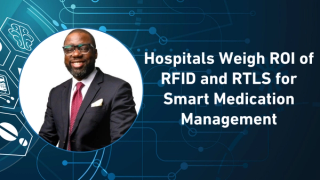
Supply Chain
Latest News
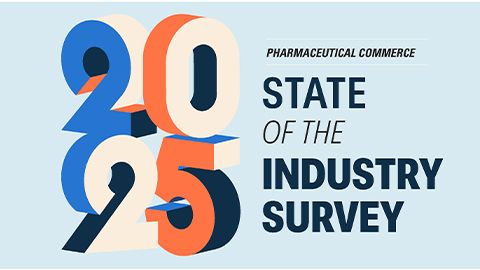
Latest Videos

Podcasts
More News

This episode of Pharma Pulse covers the FDA’s review of a possible link between prenatal acetaminophen use and autism, GSK’s supplemental new drug application to update leucovorin labeling, and Celltrion’s acquisition of an Eli Lilly production facility to expand biologics manufacturing capacity.
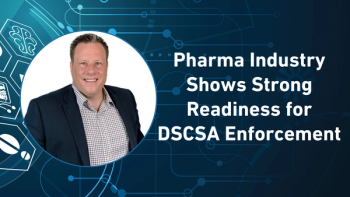
Ullrich Mayeski, community engagement director of health with GS1 US, explains how with over a decade of collaboration, manufacturers and distributors are largely prepared for DSCSA compliance. The remaining challenge lies in ensuring consistent readiness across dispensers, while maintaining open communication throughout the supply chain.
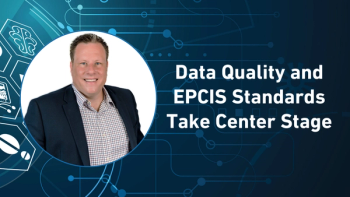
Ullrich Mayeski, community engagement director of health with GS1 US, describes the organization’s EPCIS standard for meeting DSCSA requirements while underscoring that true supply chain success depends on robust data quality practices, clear procedures, and cross-team accountability to ensure patients receive their medications without disruption.

This episode of Pharma Pulse covers the CDC’s decision to postpone changes to Hepatitis B vaccine guidance, new research showing value-based care improves visit frequency and consistency for seniors, and Takeda’s partnership with VELA to launch wind-powered transport for medicines.

Takeda will be shipping treatments between Europe and the US using VELA’s sailing cargo trimaran, potentially reducing greenhouse gas emissions by up to 99% when compared with air freight.

Industry leaders—from manufacturers, distributors, and dispensers—reported increased preparedness for compliance, with discussions shifting toward exception management, governance, and enforcement readiness, note Ullrich Mayeski of GS1 US and Mark Karhoff of Ten Count Consulting.

New bipartisan legislation would give the FDA authority to modernize prescribing information, reducing waste while improving accuracy and patient care.

This episode of Pharma Pulse covers GSK’s $30 billion plan to expand US biopharma production, new evidence that weekly GLP-1 therapies significantly reduce cardiovascular risks, and Roche’s acquisition of 89bio to add the FGF21 analog Pegozafermin to its growing metabolic disease portfolio.

The pharmaceutical giant’s commitment includes a $1.2 billion investment in advanced facilities powered by AI and digital technology, strengthening biopharma manufacturing and clinical research across the United States.

This episode of Pharma Pulse covers the former CDC director’s claim she was dismissed for refusing to prioritize ideology over evidence, new findings that physician mental health remains a serious concern, and Eli Lilly’s $5 billion investment in a new Virginia manufacturing plant to expand biologics production.

The new Goochland County facility will serve as Lilly’s first fully integrated API and drug product site, focusing on antibody-drug conjugates, while creating thousands of jobs and strengthening domestic supply chains.

The collaboration seeks to reduce drug waste, prevent errors, and support more reliable delivery of life-saving therapies to patients worldwide.

This episode of Pharma Pulse covers new FDA guidance to speed development of non-opioid pain treatments, the FTC’s warning against non-compete agreements for doctors and nurses, and DHL Supply Chain’s acquisition of SDS Rx to strengthen last-mile healthcare delivery.
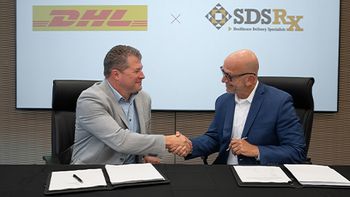
The deal will integrate SDS Rx’s specialized delivery network of US locations into DHL’s Life Sciences & Healthcare division, strengthening same-day and final-mile services as demand for specialty pharma and patient-centered logistics continues to rise.

This episode of Pharma Pulse covers reports of a White House executive order to restrict treatments discovered in China, new data showing robust immune responses from Pfizer and BioNTech’s COVID-19 vaccine in high-risk adults, and Samsung Biologics’ latest US manufacturing deal amid tariff uncertainty.
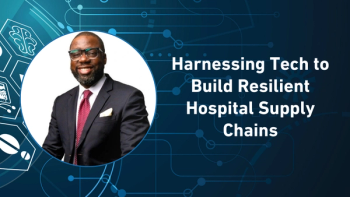
In the final part of his Pharma Commerce video interview, Boyede Sobitan, Zebra Technologies’ global healthcare strategy lead, details how in a post-COVID landscape, technologies that track and regionalize hospital inventory could become critical tools for state and local health departments, ensuring visibility, preparedness, and smarter resource allocation during future disruptions.

The South Korean CDMO has signed its second multi-billion-dollar contract in less than a year, even as shifting US trade policies and looming tariffs create challenges for global drugmakers.

The move consolidates R&D, manufacturing, and commercialization under the CGM system’s developer to accelerate growth and expand global reach.

This episode of Pharma Pulse covers Gilead’s groundbreaking on a new technical development hub to accelerate biopharma innovation, the World Health Organization’s decision to add GLP-1s to its Essential Medicines List for diabetes, and new data showing high-dose influenza vaccines reduce heart risks in older adults.
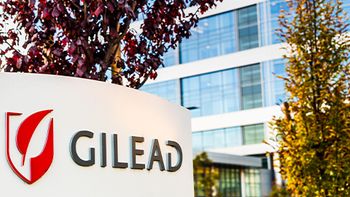
The new 180,000-square-foot facility in Foster City anchors the company’s long-term $32 billion investment in domestic manufacturing and R&D.

This episode of Pharma Pulse covers President Trump’s appeal to the Supreme Court to preserve pharma tariffs, Sanofi’s 10% stock drop after Amlitelimab failed in Phase III, and new research showing how the COVID-19 pandemic reshaped pneumococcal mortality trends.

Following a federal appeals court decision that struck down much of his tariff authority under the International Emergency Economic Powers Act, President Trump is asking the Supreme Court to fast-track review.

The company is committing over half a billion dollars to build a state-of-the-art research hub in Thousand Oaks, CA, designed to accelerate next-generation therapeutics through advanced automation and collaboration.

This episode of Pharma Pulse covers new evidence that childhood PCV10 vaccines indirectly protect unvaccinated adults, Eli Lilly’s pause in UK Mounjaro shipments following a major price hike, and the FDA’s Complete Response Letter to Outlook Therapeutics’ resubmission for Lytenava in wet AMD.
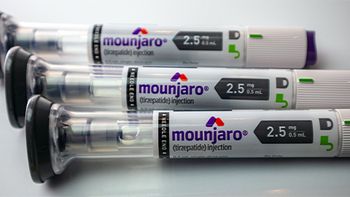
Lilly has temporarily halted UK shipments of Mounjaro until Sept. 1, when new list prices take effect.

